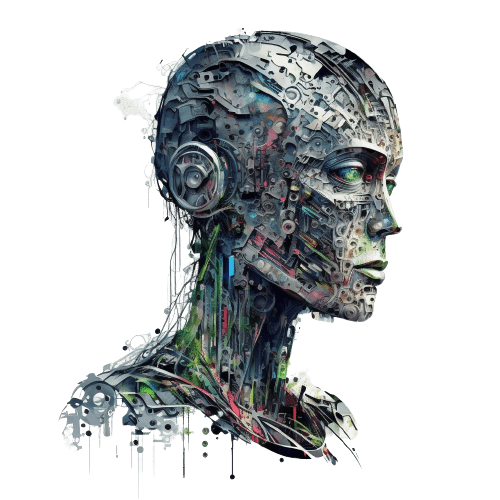Data is gold, as they say, so protecting confidential information is a top priority for every organisation. Apple Inc., one of the titans of the tech industry, has taken a significant step in this direction by restricting the use of external artificial intelligence (AI) tools within its workforce. This decision highlights the delicate balance between innovation and security in the digital age.
Why Restrict External AI Tools?
Apple’s decision to restrict the use of external AI tools, such as OpenAI’s ChatGPT and Microsoft’s GitHub Copilot, is primarily fuelled by concerns over data security. The company is keenly aware of the potential for confidential data leakage when employees utilise these AI programs. Given the sensitivity of the data handled by Apple, such a leak could have far-reaching consequences.
While these external AI tools provide many benefits, such as automating code writing and improving productivity, they also pose potential risks. These risks stem from the fact that third-party AI programs often require access to user data for training and improvement. This access could potentially expose sensitive information, a risk Apple is unwilling to take.
The Move to In-House AI
In addition to the restrictions placed on external AI tools, Apple is also developing similar technology in-house. By controlling the development and implementation of its AI technology, Apple aims to safeguard its data more effectively.
Building in-house AI allows Apple to tailor its tools to its specific needs, ensuring a higher level of data privacy. It also reduces the company’s dependence on external vendors, further mitigating the risk of data leaks.
Implications for Employees and the Tech Industry
While these changes are designed to enhance security, they also impact Apple’s employees. The restrictions may require workers to adjust their workflows and adapt to the new in-house tools. There may also be a learning curve as employees familiarise themselves with the new systems.
In the broader tech industry, Apple’s decision may influence other companies to review their own data security measures. As more companies consider the balance between innovation and security, we may see a trend towards more in-house AI development.
The Road Ahead: A Delicate Balance
Apple’s strategic decision to restrict external AI tools underscores the growing emphasis on data security in the tech world. As the company navigates the balance between utilising innovative AI technology and protecting its confidential data, it sets a precedent for the industry.
While this shift presents challenges, it also opens the door for further innovation, particularly in developing secure, effective in-house AI tools. As we move forward, the tech industry will continue to evolve, driven by the dual imperatives of innovation and security.


